Bioethics: Amputation
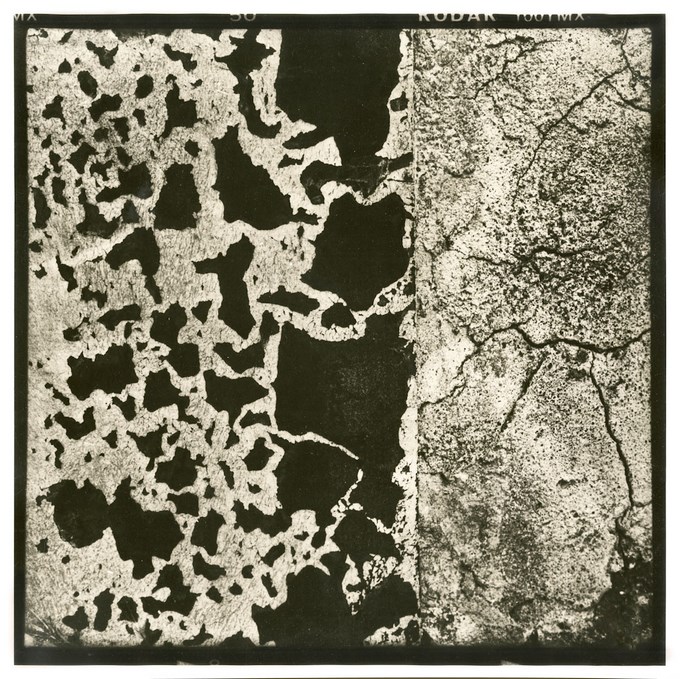
003 (Копировать)
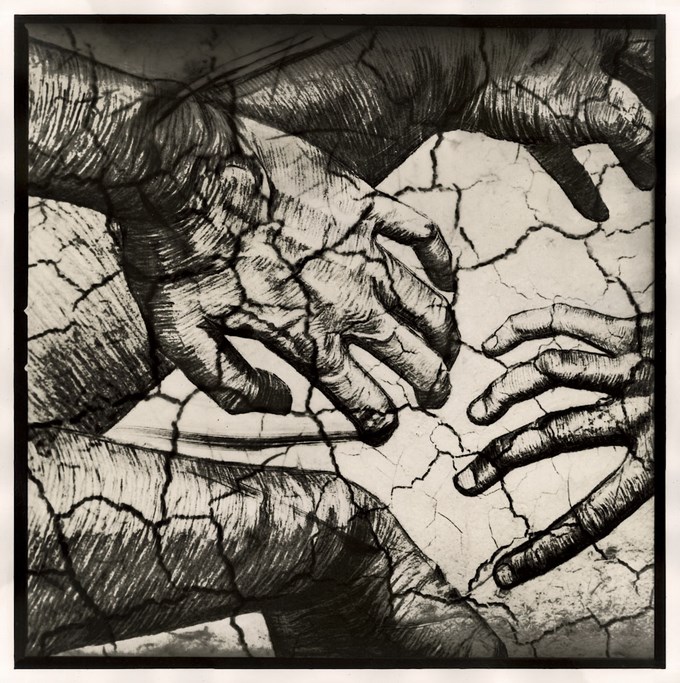
019 (Копировать)
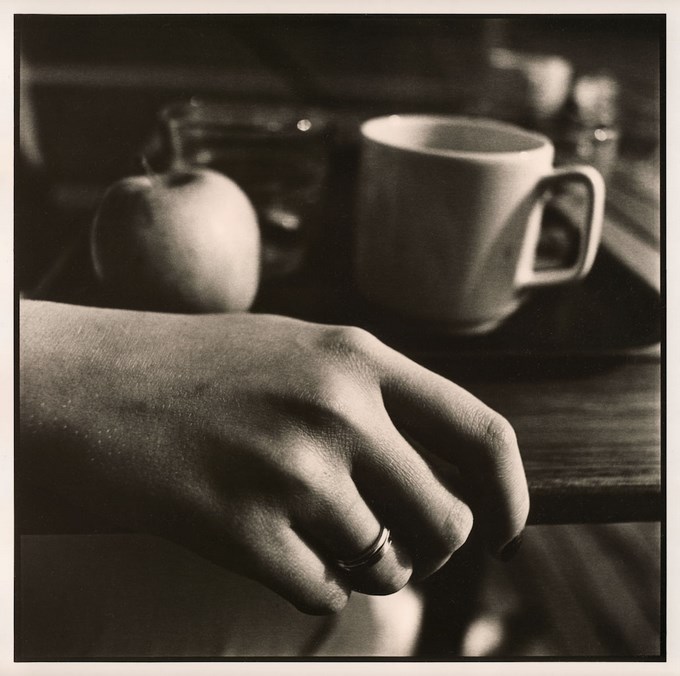
017 (Копировать)
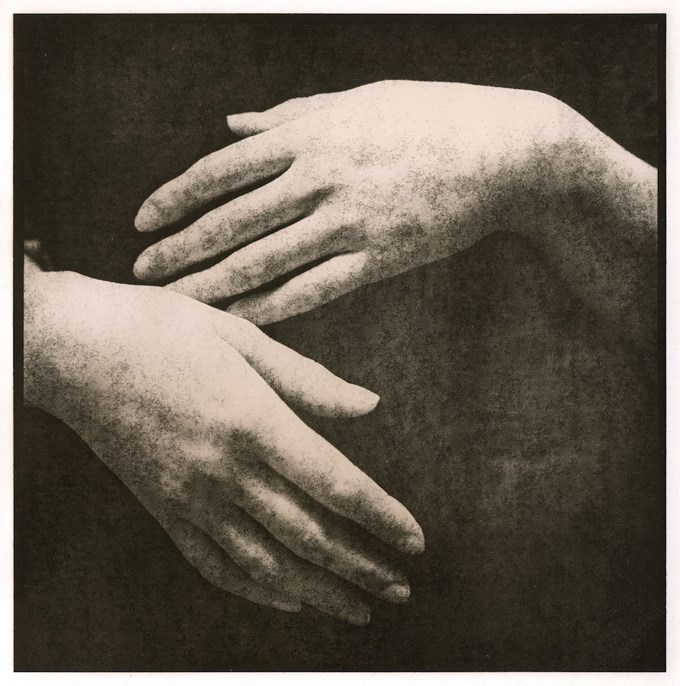
029 (Копировать)
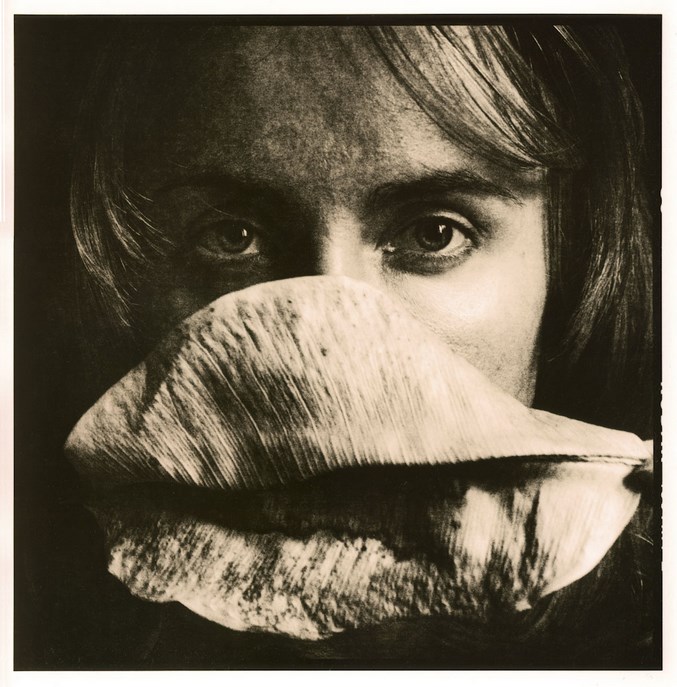
025 (Копировать)
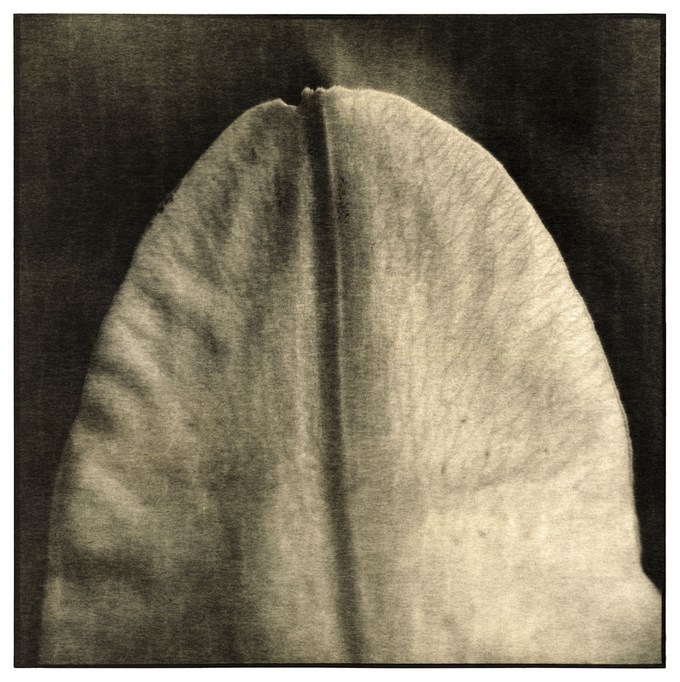
003 (Копировать)
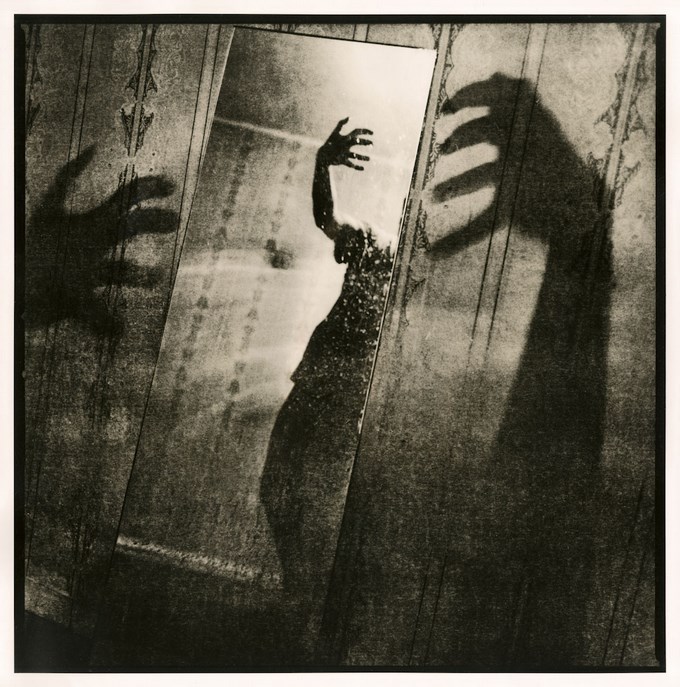
009 (Копировать)
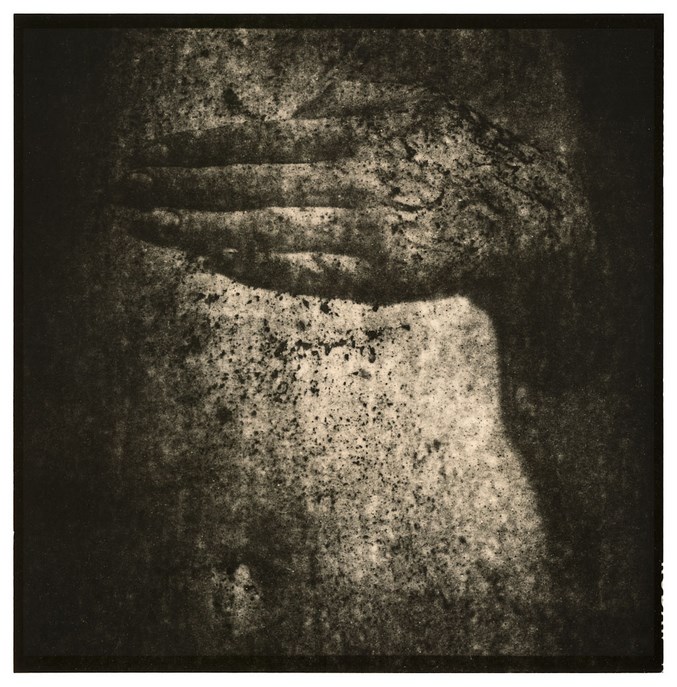
027 (Копировать)
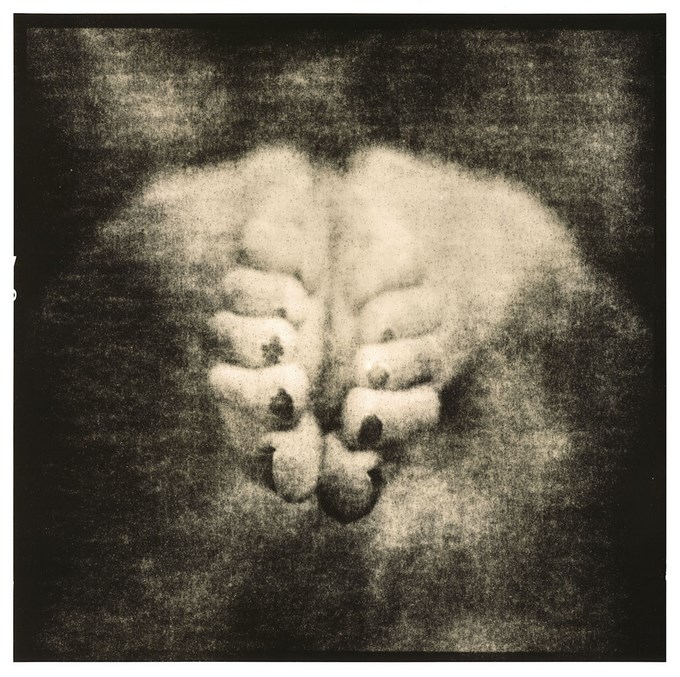
021 (Копировать)
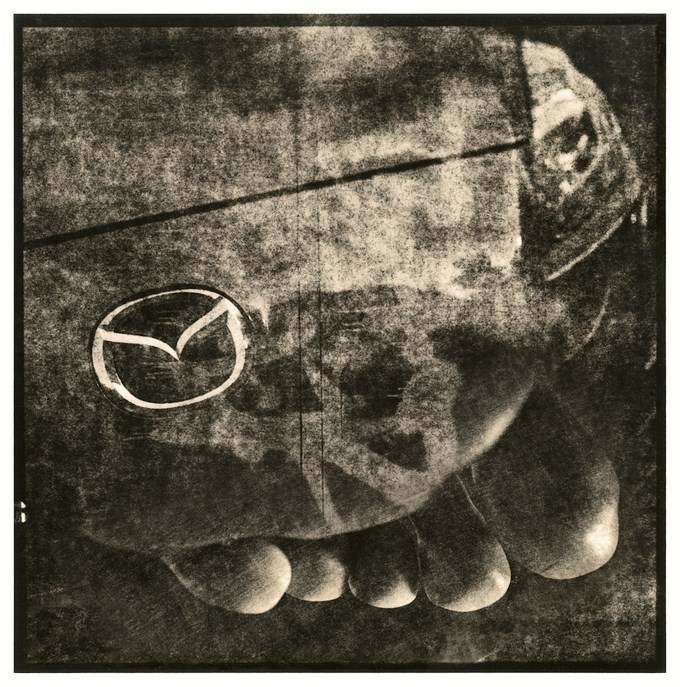
013 (Копировать)
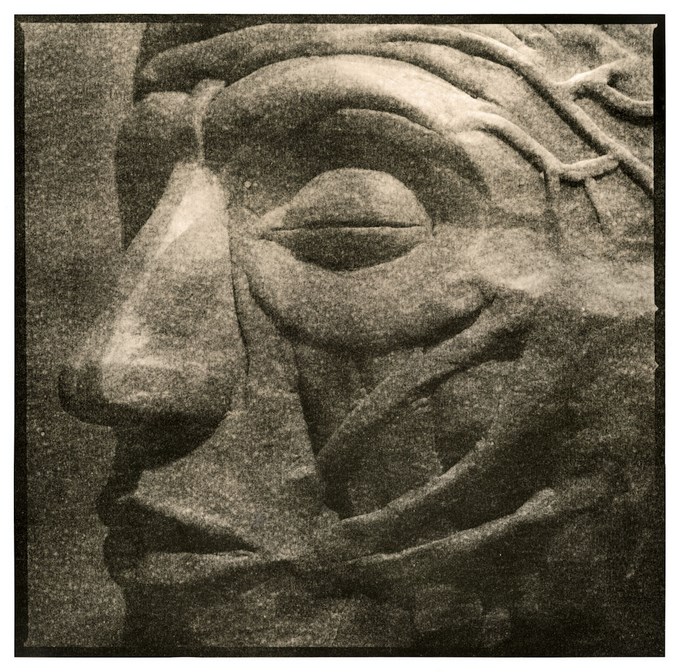
007 (Копировать)
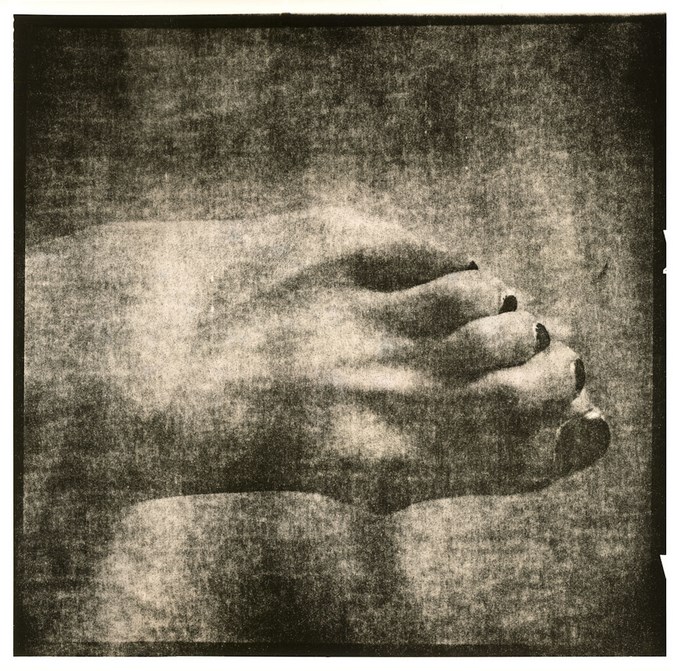
001 (Копировать)
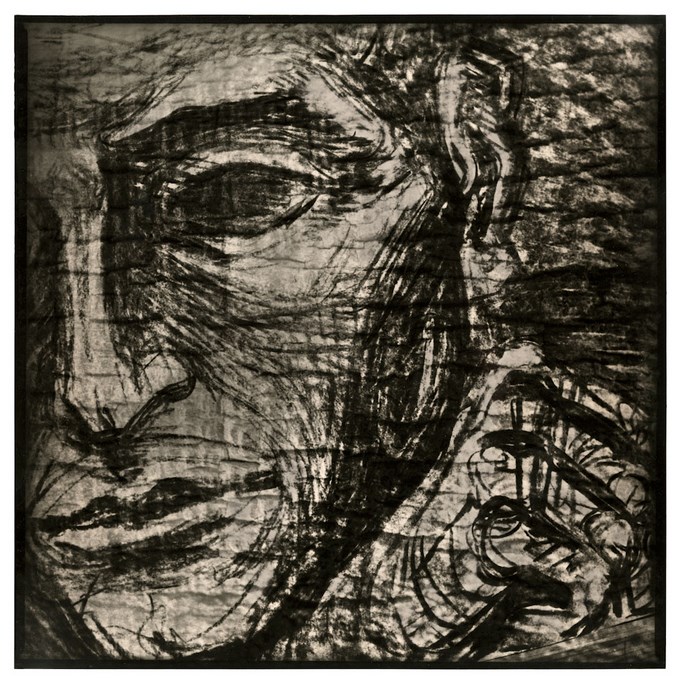
011 (Копировать)
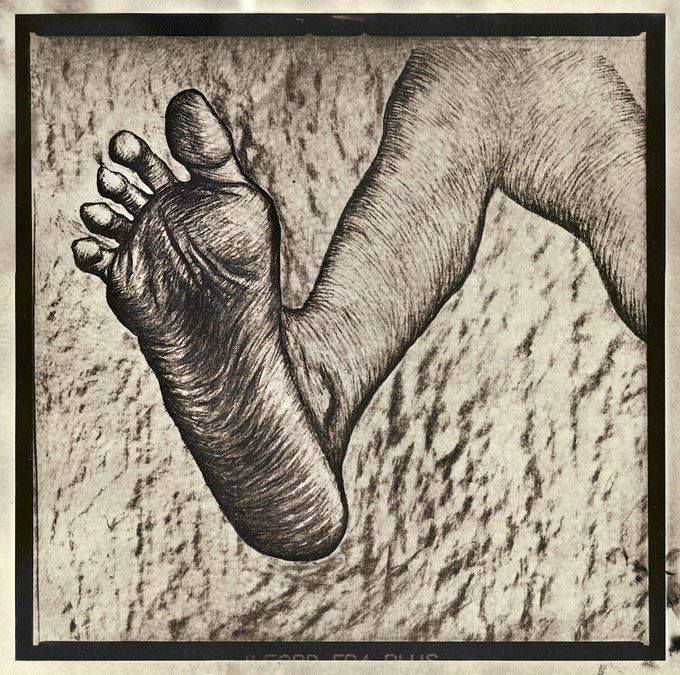
031 (Копировать)
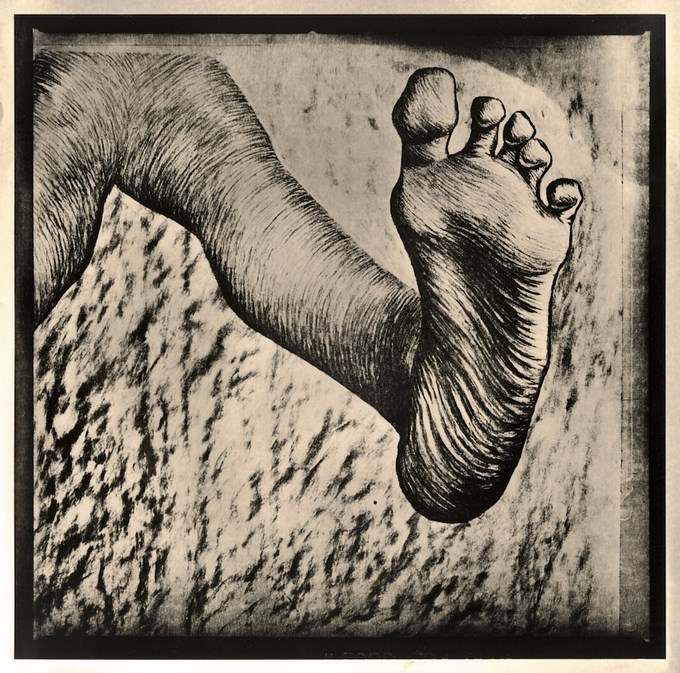
015 (Копировать)
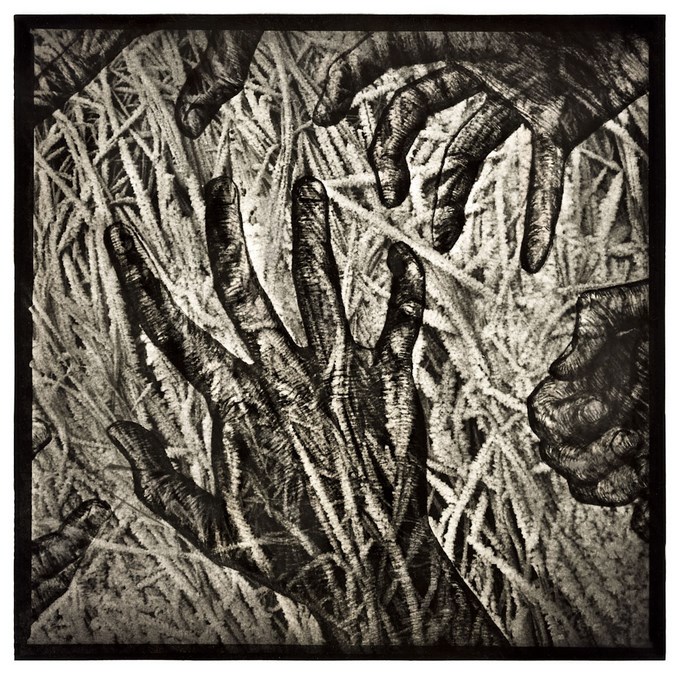
023 (Копировать)
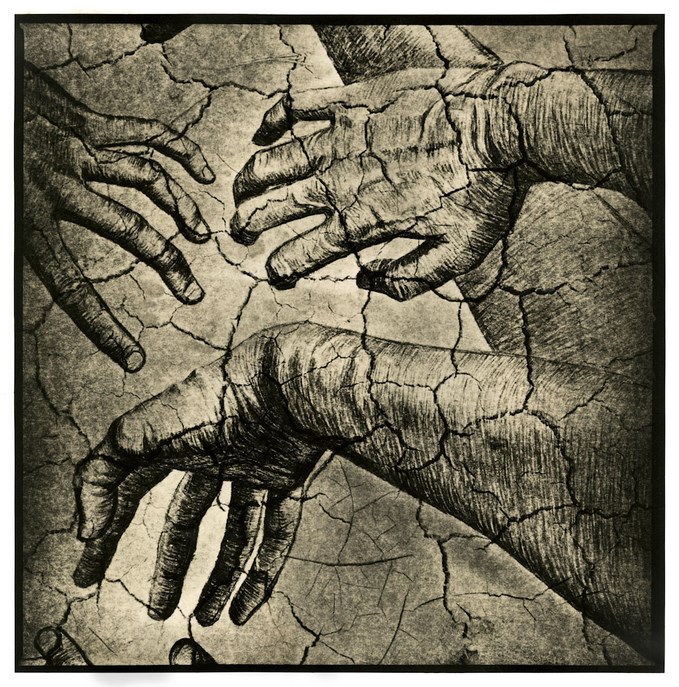
019 (Копировать)

003 (Копировать)

019 (Копировать)

017 (Копировать)

029 (Копировать)

025 (Копировать)

003 (Копировать)

009 (Копировать)

027 (Копировать)

021 (Копировать)

013 (Копировать)

007 (Копировать)

001 (Копировать)

011 (Копировать)

031 (Копировать)

015 (Копировать)

023 (Копировать)

019 (Копировать)
Bioethics: Amputation
According to the general culturological opinion, feet in art are substitute, which refers to the sexual organs, an allusion to the lower, earthly, chthonic component of human being. Here we can find the aspect of Eros, which is closely related with Thanatos, connecting love with death.
Solovyov claimed (the Sense of Love, article 4, 2), that sexual attraction focused on some parts of the body, is a fetishism, since it overlooked the whole human. But this love to the Whole threatens to become too abstract. It misses the opportunity of synecdoche in which the Part represents the Whole.
A "day" person can be perceived as a whole, bodily, spiritually, socially, culturally. Day love is not a crime, it is social design. It is conventional, rational and almost always glamorous. "Night" person, with whom we sleep, is another object of love, completely devoid of design and individuation. It is a blind semi-conscious feeling of someone nearby, the body without shape and a shape without a body. Here our knowledge comes to ignorance.
The leg or arm of a "night" person – not the hand of the "beautiful lady": it doesn’t represent the Whole, but replaces it. This looks heretical from the point of view of any ethical and philosophical synthesis. But this substitution is the ontological metonymy, which ceased to be only a phenomenon of language.
